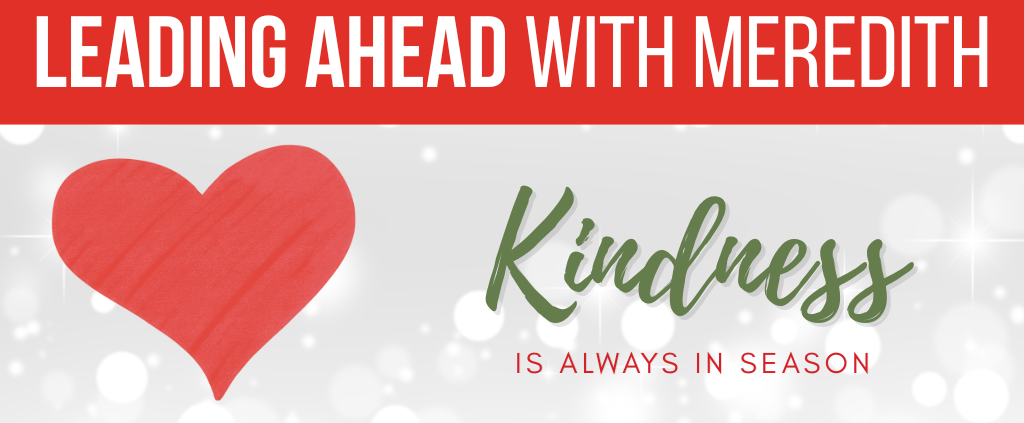On asking for help, Alesia, who stopped by the Betty Jean Kerr People’s Health Centers on Delmar Blvd. during one of their recent Mobile Markets said it best, “If you need it and it’s offered. Take it. Don’t be afraid.”
on Delmar Blvd. during one of their recent Mobile Markets said it best, “If you need it and it’s offered. Take it. Don’t be afraid.”
Don’t. Be. Afraid.
Yes, asking for help can be difficult, even scary. For some, it’s paralyzing. Asking for help can do all sorts of things: make us question our usefulness, chip away at our pride, make us think we appear weak or less than. You know what else it can do? It can create better results, increase your chances of finding support, build courage, and bring better self-awareness.
We’re not going to get into the psychology as to why there’s such a stigma attached to asking for help for the majority of humankind, we just know there is. After 45 years of working day in and day out with food insecurity in the St. Louis region, we, along with the more than 500 food pantries we partner with, see the struggle every single day. And one of the things all of us are seeing right now is new faces. A lot of new faces. Which means they’ve hopefully conquered their fear of asking for help with their food needs.
We know the struggle for buying food is going to continue to grow. And we want you to ask. Please ask for help. No one, not one employee or volunteer at the Foodbank or the food pantries is going to consider you “less than.” In fact, we think just the opposite — how brave you are to have found a food pantry. Bravo for taking care of yourself, your family, in this way.
You won’t know what kind of help is available for you if you don’t ask for it/advocate for yourself. You might have to take a moment and try to learn to not take “no” personally if it happens. If one place or organization or person cannot help you when you ask, perhaps the next one can, or perhaps they can at a later time. But you have to ask or no one will know you need help.

